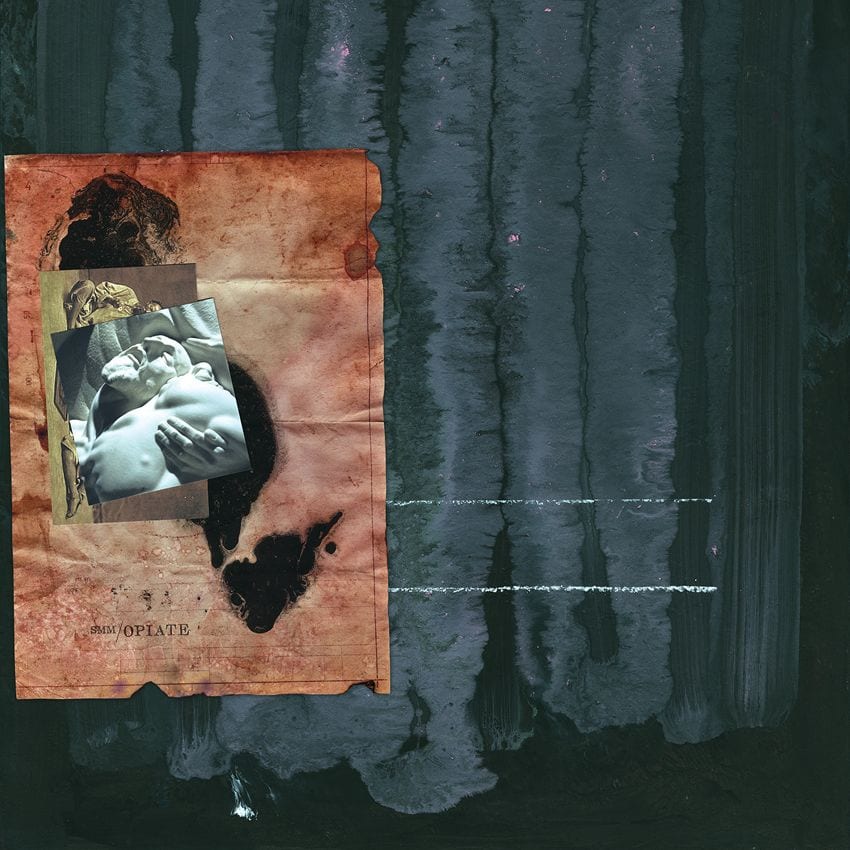
“Sadly, The Future Is No Longer What It Once Was would be an extremely appropriate title for an album of wandering classical-ambient hybrids” thought James Leyland Kirby to himself one day. And so it was that “Sadly, The Future Is No Longer What It Once Was” came into existence in 2009, a compact disk triptych, which conjured a penetrating but vague sense of nostalgia from a few choice notes. Across the collection he teased out the themes of the hauntological bunch (Boards Of Canada, Belbury Poly et al) but brought a modern classical twist to the fore (think Arvo part and CATEGORICALLY NOT Ludovico Einaudi) with some unadulterated piano.
Despite not featuring on this compilation (though he did on the previous one in the series), Kirby is a common touchstone for the disparate group of artists that comprise SMM: Opiate. They all share Kirby’s interest in minimal-classical misty-noises. They all share his penchant for clawing at our nostalgic tendencies, forcing us to long for an era we can’t even remember. They even share his almost terrifying hatred of Ludivico Einaudi.
This might lead one to suspect that Opiate will slide into the comfortable slippers of sameyness. However each artist manages to approach a similar theme with fresh ears and an individual soundbank, and Ghostly appear to have painstakingly compiled the tracklist. This lends Opiate the character of a winding journey rather than a static clump of ambience.
We are first led through the reflective tones of Simon Scott and A Winged Victory For The Sullen who both wade through wet clouds of happy chords, patiently pushing changes through a thick filter of ‘verb. Celer follows, dishing out a waxy palette of strings and shimmers that would soundtrack a burnt sienna sky without being agonisingly clichéd. Things subsequently fall from the sublime to the sinister as Jim Haynes conjures the desolate sounds of an empty missile silo and Pjusk chooses to combine eerie sine waves and depth charges. And if there’s some sort of redemptive arc to this fuzzy narrative, it comes in the pulsing strings at the end of Fieldhead’s 37th.
Whether or not you agree that the “SMM” tag deserves to be some sort of stereotypical characteristic, the artists presented here have been cleverly congealed. Much like Kirby’s piano play, this ambience isn’t content with washing over you and instead seeks your engagement. In many cases, the “Opiates” find new cracks of possibility in a saturated market, and avoid the painful pitfalls that can plague this sort of classical-ambient hybrid music (so called “Einaudisms”).